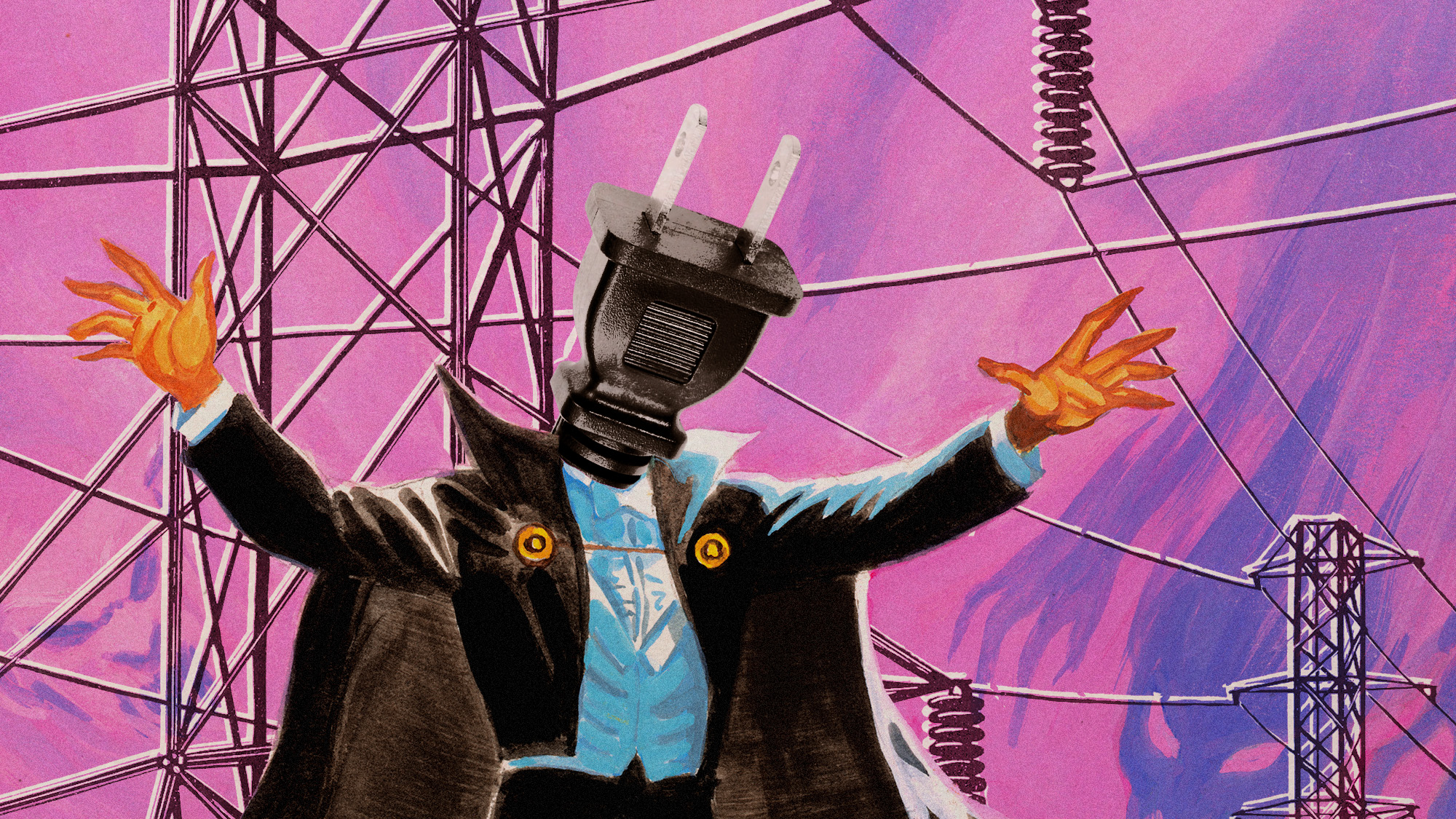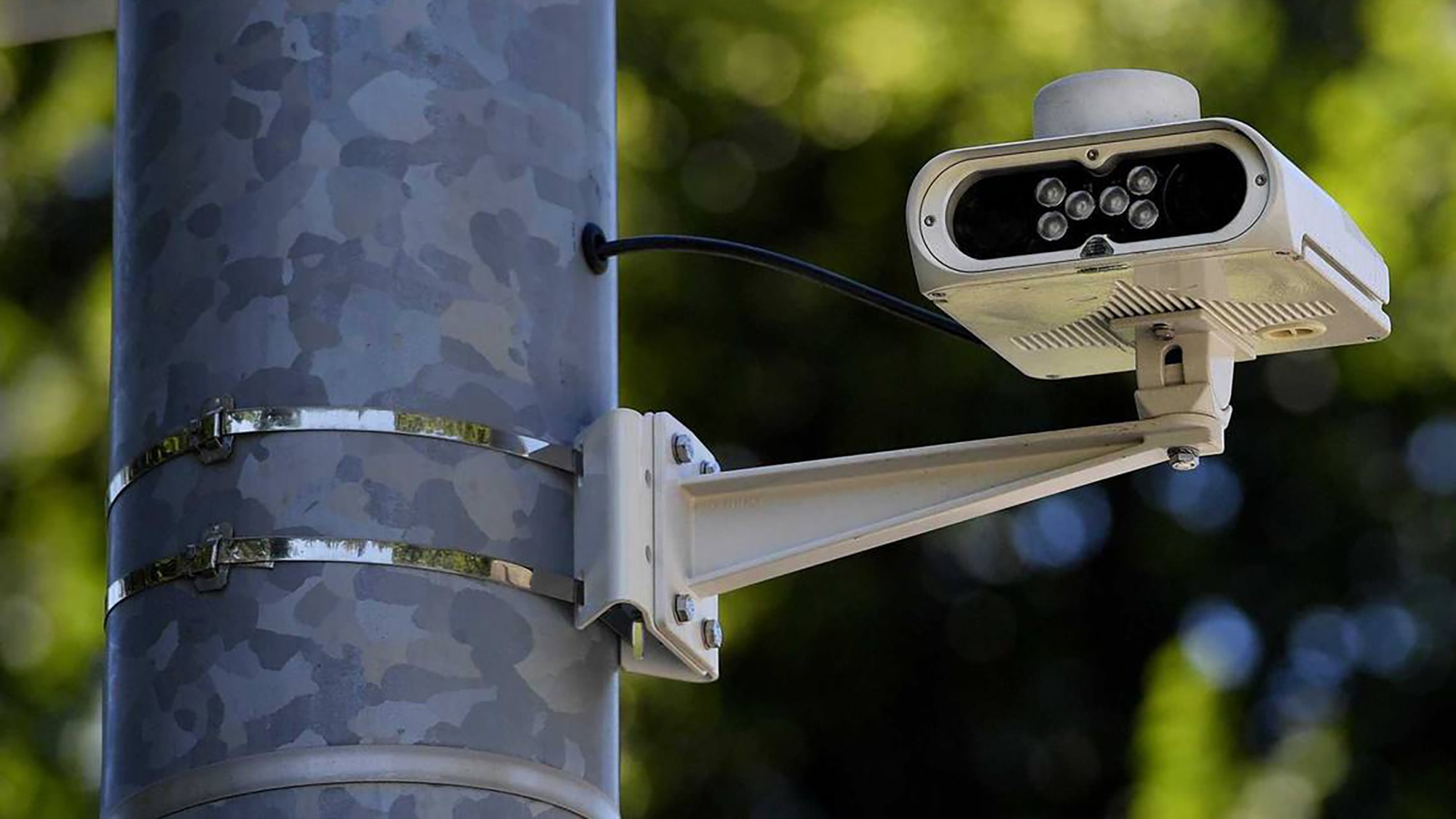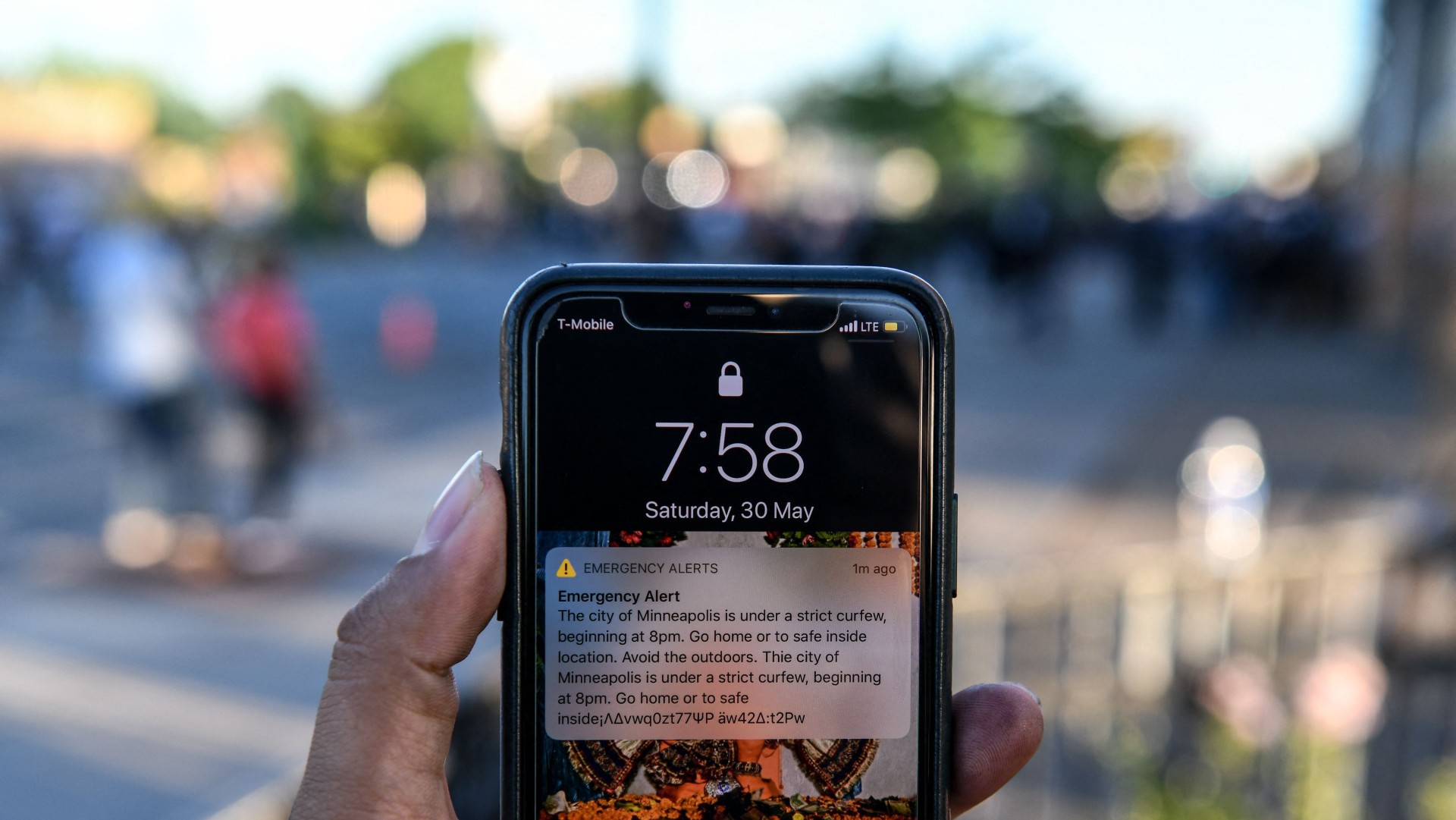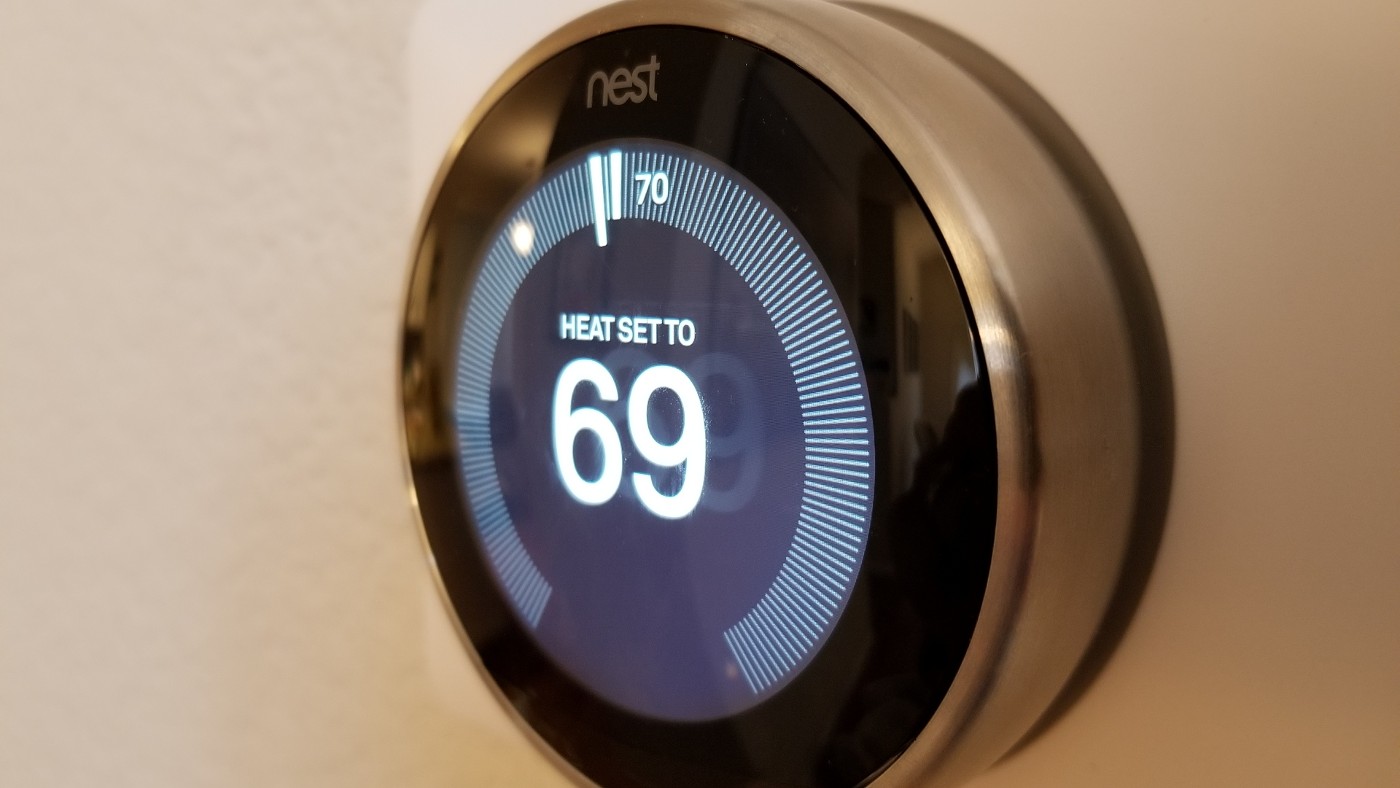The pros and cons of smart meters
Real-time energy monitors can help households to budget but they have raised privacy concerns

A free daily email with the biggest news stories of the day – and the best features from TheWeek.com
You are now subscribed
Your newsletter sign-up was successful
Smart meters are becoming increasingly popular, with more and more households seeing the benefits. By replacing traditional gas and electricity meters with smart meters, consumers can understand more about the energy they use day-to-day and cut out unnecessary usage and spending as a result. This is more important than ever right now, given the cost-of-living crisis and soaring energy prices.
The government says smart meters are “underpinning” the “transition to a greener, more reliable energy system” and their rollout is “delivering more benefits to the country than it is costing”. However, privacy campaigners have raised concerns about potential issues, while questions have been asked about the technology’s effectiveness.
1. Pro: no meter readings
Few people enjoy receiving an unexpected knock on the door from a meter reader or having to remember to take a regular reading themselves. Having a smart meter “means no more scrabbling around in a cupboard with a torch as you try to see the numbers”, said Compare The Market, as these handy pieces of technology work out your energy usage and relay that information to your supplier automatically.
The Week
Escape your echo chamber. Get the facts behind the news, plus analysis from multiple perspectives.

Sign up for The Week's Free Newsletters
From our morning news briefing to a weekly Good News Newsletter, get the best of The Week delivered directly to your inbox.
From our morning news briefing to a weekly Good News Newsletter, get the best of The Week delivered directly to your inbox.
Having a smart meter means your energy supplier won’t need to pay someone to come out and read your meter, added the site, so “what they save in costs could be passed on to you, the customer”.
2. Con: privacy fears
Privacy campaigners have raised concerns that smart meter information relating to customers’ energy usage could be passed on to third parties without customers’ permission. Although there are laws prohibiting energy companies from sharing this information without express permission, the laws determining how tech companies can use data are more complex.
“Some people have expressed concerns that the meters could be hacked,” said Household Money Saving, which “could allow potential burglars to know when people are in or out due to their energy consumption”.
But it is worth noting that, so far, there have been no known hacking instances involving smart meter data, said This Is Money.
A free daily email with the biggest news stories of the day – and the best features from TheWeek.com
3. Pro: real-time monitoring
The “in-home display” (IHD) unit that comes with a smart meter helps consumers understand how much energy they’re using in real time. This means households can monitor exactly what is being used by a particular appliance, from putting the kettle on to make a cup of tea to running a washing machine cycle.
Having this information helps consumers understand which of their appliances is an energy guzzler and which ones are the most energy efficient. “Even well-informed people and frugal savers may be clueless about what appliances are causing the most damage to their energy bills,” said Loop, the app that monitors energy usage.
Once you learn which appliances are costing you the most, “you’re likely to be able to prioritise your energy use and cut back on the biggest power-drainers”.
4. Con: obsessive checking
The flip side of the IHD Unit is that some users find that they obsessively check the monitor to see how much energy their household is using at any given time. “I used to just pay monthly, but now I’m constantly looking at it,” Susan, 71, told the Express.
This sort of incessant monitoring can lead to family arguments, with tension every time someone boils a kettle or blow-dries their hair. My husband has “transformed into a smart meter Scrooge”, wrote Anna May Mangan in the Daily Mail. “The children think their dad is suffering from some form of middle-aged mania. They can’t believe their funny, relaxed father has become such an energy extremist – and they pity me for having to live with it.”
5. Pro: no estimated bills
With old-fashioned meters, if you forget to submit a reading, your energy supplier will estimate your use based on past bills. These estimates can be infamously inaccurate, reported the green technologies website The Switch, and can lead to an unexpectedly high bill when your tariff comes to an end.
By way of contrast, a smart meter will send an accurate reading of your exact energy use to the energy supplier on a half-hourly, daily or monthly basis. This means you will only be charged for what you actually use and you can budget with more assurance.
6. Con: issues when switching suppliers
There are currently two types of smart meters on the market: SMETS1 and SMETS2. If you have a first-generation SMETS1 smart meter installed, it could lose its functionality when you switch suppliers, meaning you have to go back to manually reading your meter as this will no longer be done automatically.
But, explained the consumers’ rights publication Which?, “second-generation smart meters should not lose their smart functions when you switch because they’re connected to the central wireless network which all energy suppliers should be able to use”.
Chas Newkey-Burden has been part of The Week Digital team for more than a decade and a journalist for 25 years, starting out on the irreverent football weekly 90 Minutes, before moving to lifestyle magazines Loaded and Attitude. He was a columnist for The Big Issue and landed a world exclusive with David Beckham that became the weekly magazine’s bestselling issue. He now writes regularly for The Guardian, The Telegraph, The Independent, Metro, FourFourTwo and the i new site. He is also the author of a number of non-fiction books.
-
 Local elections 2026: where are they and who is expected to win?
Local elections 2026: where are they and who is expected to win?The Explainer Labour is braced for heavy losses and U-turn on postponing some council elections hasn’t helped the party’s prospects
-
 6 of the world’s most accessible destinations
6 of the world’s most accessible destinationsThe Week Recommends Experience all of Berlin, Singapore and Sydney
-
 How the FCC’s ‘equal time’ rule works
How the FCC’s ‘equal time’ rule worksIn the Spotlight The law is at the heart of the Colbert-CBS conflict
-
 'Vampire energy' could be causing your electric bill to rise
'Vampire energy' could be causing your electric bill to riseUnder the Radar Wasted energy could account for up to 10% of home use
-
 The pros and cons of license-plate reader technology
The pros and cons of license-plate reader technologyPros and Cons The technology's use recently led to the arrest of a three-time homicide suspect in Los Angeles
-
 The pros and cons of AI companions
The pros and cons of AI companionsPros and Cons Chatbots are evolving from simple assistants to friendlier digital companions.
-
 Pros and cons of the emergency alert
Pros and cons of the emergency alertPros and Cons Already used successfully in US, Greece and Japan, mobile notifications could help save lives, but pose risk to domestic abuse victims and drivers
-
 Pros and cons of artificial intelligence
Pros and cons of artificial intelligencePros and Cons AI offers ‘unimagined capabilities’ but experts have warned it could serve ‘nefarious aims’
-
 Pros and cons of smart thermostats
Pros and cons of smart thermostatsPros and Cons The gadgets allow you to control temperatures remotely but are they really value for money?